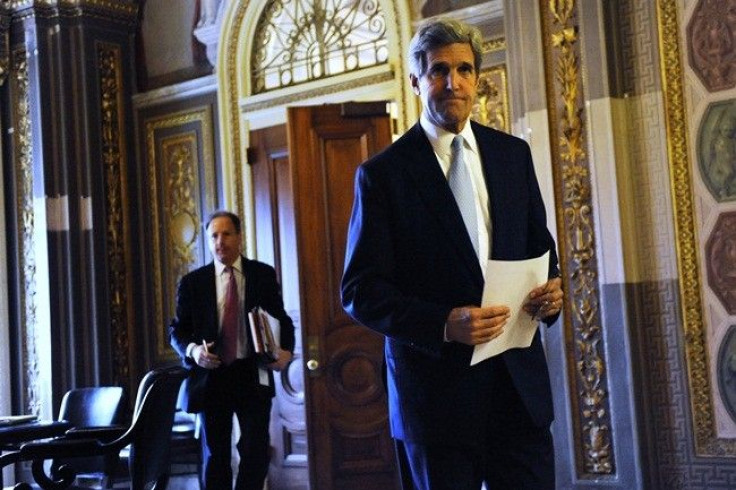START Treaty ratified by U.S. Senate

The arms reduction treaty between the United States and Russia was approved by the U.S. Senate today, in a 71 to 26 vote.
Senate Republicans had been calling the treaty into question in these last weeks of the 111th Congress, but enough GOP Senators came around to back the pact and the Senate was able to secure the 67 votes, or two-thirds majority, needed for passage.
Passage of the new START Treaty, as it is called, is seen as a major policy triumph for President Obama. who agreed on the pact with Russian President Dmitry Medvedev in April and promised the U.S. Senate would ratify it before year's end.
The new treaty, which replaces the former START Treaty that expired last December, will provide ongoing transparency and predictability regarding the world's two largest deployed nuclear arsenals, while preserving our ability to maintain the strong nuclear deterrent that remains an essential element of U.S. national security and the security of our allies and friends, Rose Gottemoeller, Assistant Secretary of State for Verification and Compliance and chief U.S. START negotiator, told a Senate panel earlier this year.
The U.S. and Russia currently have more than 90 percent of the world's nuclear weapons, according to Sen. John Kerry, D-MA, chairman of the Foreign Relations committee.
According to the new treaty, each side would be allowed 1,550 deployed warheads, 700 deployed delivery vehicles, and 800 deployed and non-deployed launchers. A deployed weapon is one that is ready for use, and a non-deployed launcher is one that is part of a test or training facility.
The new treaty will lower the nuclear arsenals in each nation by roughly 30 percent, officials said.
Experts say that lowering arsenals - thus cutting down on the possibility of an accident or a terrorist organization obtaining a deadly weapon -- is only one of the ways the treaty makes the world a safer place.
START also sets an example for the rest of the world that the two major nuclear powers are getting along with each other and encourages nations to adhere to outstanding nonproliferation pacts. In addition, the treaty allows for each side to verify the arsenal levels of the other nation, something neither the U.S. or Russia has been able to do since the last START expired.
© Copyright IBTimes 2024. All rights reserved.











